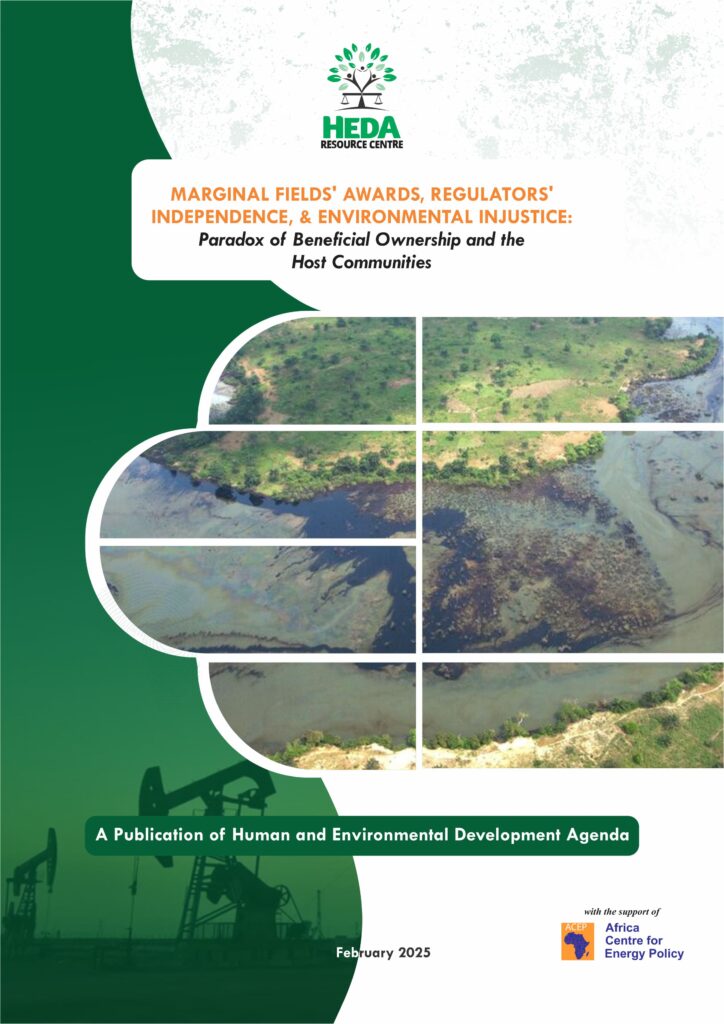– Bunmi Urges Emergency Measures and Urban Farming Initiatives
Nigeria’s escalating food crisis poses a severe threat to national security, warned Ambassador Adeniyi Sola Bunmi, an agriculture expert and founder of Go Green Impact Africa Initiative, during Charting with HEDA on X-space hosted by the Human and Environmental Development Agenda (HEDA Resource Centre). Bunmi emphasized that food insecurity makes the population vulnerable to desperation, leading to increased crime and instability.
The Agribusiness expert highlighted the security threats posed by food insecurity, noting that banditry and kidnapping are forcing farmers to abandon their farms, which exacerbates the country’s food deficit and heightens national security risks. He identified several key factors contributing to food insecurity in Nigeria.
Firstly, he pointed to climate change, explaining that the increasing frequency of extreme weather events disrupts planting schedules and crop yields, making farming conditions unpredictable. Secondly, he mentioned inadequate infrastructure, such as poor roads and lack of storage facilities, which hinder farmers’ ability to produce, process, and transport food effectively.
Bunmi also discussed the ongoing conflicts between farmers and herdsmen, which disrupt food production and distribution. Additionally, he criticized the inconsistent agricultural policies that deter investment and undermine efforts to stabilize food production. Lastly, he highlighted the issue of weak regulation, noting that the lack of enforcement further impedes food availability.
“The devastating impact of food insecurity on vulnerable groups cannot be overstated,” Bunmi said, highlighting the struggles of women, children, and people with disabilities. He noted that malnutrition and reduced income among smallholder farmers, who rely on agriculture for their livelihoods, worsen the crisis. Internally displaced persons (IDPs) and refugees face significant challenges in accessing food and basic necessities.
Calling for immediate action, Bunmi urged the government to declare a state of emergency in agriculture. He advocated for intentional and sustainable agricultural practices, the creation of conducive farming environments, and support initiatives from the grassroots to the national level. He proposed a public-private partnership to establish collection centers to minimize food wastage and provide a reliable market for farmers’ produce.
Bunmi also promoted urban farming as a viable solution, encouraging communities to plant vegetables instead of flowers. He argued that urban farming can significantly enhance food availability, reduce reliance on industrial agriculture, and promote local food systems. It also fosters community engagement, innovation, and reduces food wastage.
The discussion underscored the critical need for comprehensive and sustained efforts to address Nigeria’s food crisis. By declaring a state of emergency in agriculture, implementing consistent policies, and promoting urban farming, Nigeria can mitigate the risks posed by food insecurity and safeguard its national security.



